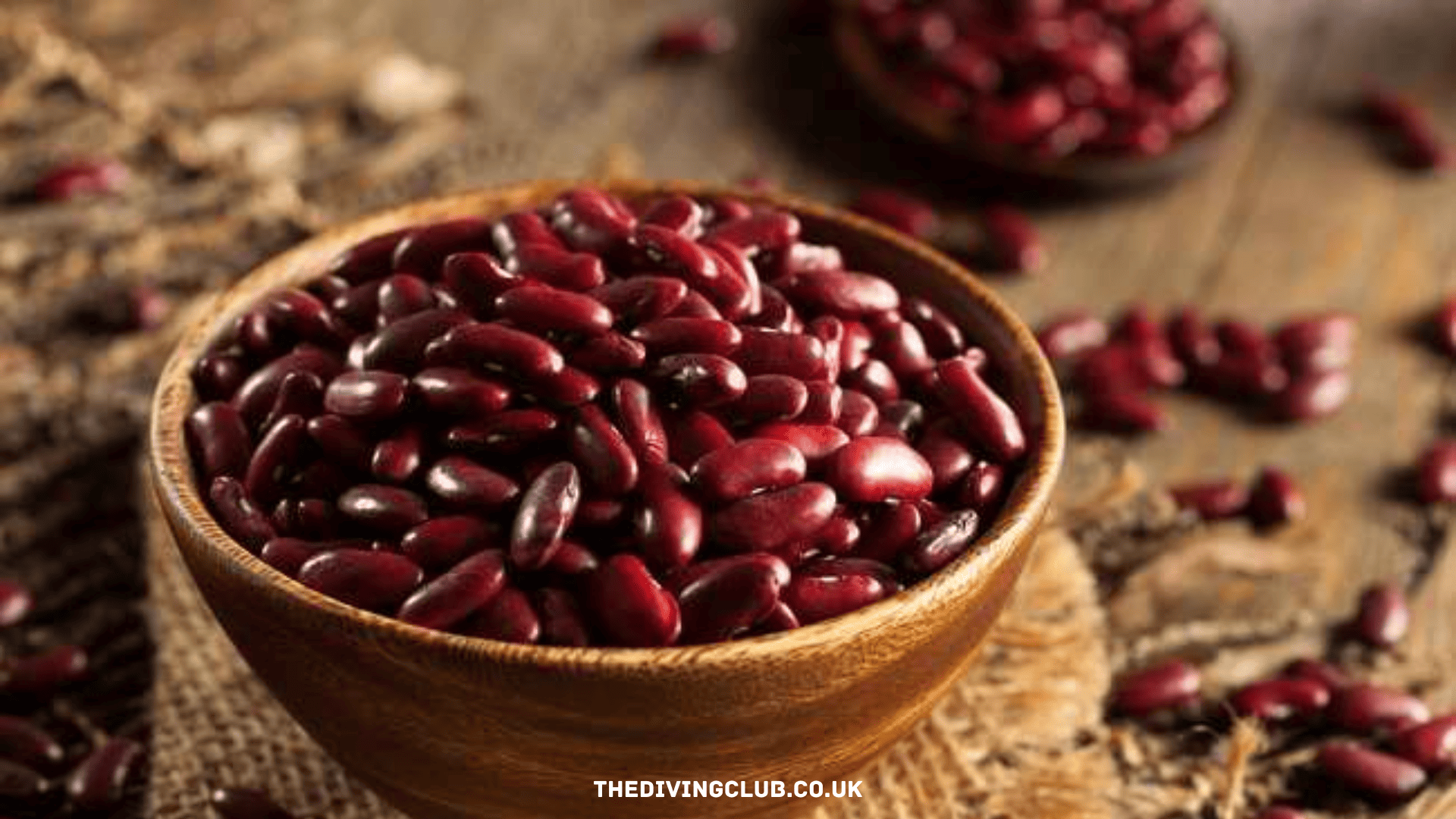Latest Blog Posts
-

Tempe Kacang Hijau, Inilah Kandungan Nutrisi, Manfaat, dan Cara Membuatnya
read more >: Tempe Kacang Hijau, Inilah Kandungan Nutrisi, Manfaat, dan Cara MembuatnyaPendahuluan Tempe adalah salah satu makanan tradisional Indonesia yang terkenal akan kandungan nutrisinya yang melimpah dan manfaat kesehatannya. Selain tempe kedelai yang umum dikenal, kini muncul varian tempe dari kacang hijau yang mulai digemari karena…
-

Beragam Manfaat Lobak Putih bagi Tubuh
read more >: Beragam Manfaat Lobak Putih bagi TubuhPendahuluan Lobak putih, dikenal juga sebagai “lobak Jepang” atau “lobak winter,” adalah sayuran akar yang memiliki rasa segar dan tekstur renyah. Selain digunakan sebagai bahan masakan, lobak putih terkenal karena berbagai manfaat kesehatannya yang luar…
-

5 Jenis Umbi-Umbian Populer Beserta Nutrisi dan Manfaatnya bagi Kesehatan Tubuh
read more >: 5 Jenis Umbi-Umbian Populer Beserta Nutrisi dan Manfaatnya bagi Kesehatan TubuhPendahuluan Umbi-umbian merupakan sumber karbohidrat yang penting dalam pola makan masyarakat Indonesia dan dunia. Selain memberikan energi, umbi-umbian juga mengandung berbagai nutrisi yang bermanfaat bagi kesehatan tubuh. Berikut ini adalah lima jenis umbi-umbian populer yang…
-

Nutrisi dan Manfaat Cincau Hijau untuk Kesehatan
read more >: Nutrisi dan Manfaat Cincau Hijau untuk KesehatanPendahuluan Cincau hijau, juga dikenal sebagai daun cincau atau daun mesona, merupakan bahan alami yang populer digunakan dalam berbagai minuman tradisional di Indonesia, seperti es cincau hijau, es campur, dan es kelapa muda. Selain rasanya…
-

Beragam Manfaat Kacang Merah untuk Kesehatan Tubuh Kita
read more >: Beragam Manfaat Kacang Merah untuk Kesehatan Tubuh KitaPendahuluan Kacang merah adalah salah satu jenis kacang-kacangan yang sangat populer di berbagai belahan dunia, terutama di Indonesia. Selain rasanya yang lezat dan teksturnya yang lembut, kacang merah juga terkenal karena kandungan nutrisinya yang kaya…
-

Manfaat Teh Honeybush untuk Kesehatan yang Patut Dilirik
read more >: Manfaat Teh Honeybush untuk Kesehatan yang Patut DilirikPendahuluan Teh Honeybush merupakan minuman herbal yang semakin dikenal luas karena berbagai manfaat kesehatan yang ditawarkannya. Berasal dari tanaman Honeybush (Cyclopia spp.), yang tumbuh di Afrika Selatan, teh ini memiliki rasa manis alami yang lembut…
-

Mengenal 7 Manfaat Jujube bagi Kesehatan Tubuh
read more >: Mengenal 7 Manfaat Jujube bagi Kesehatan TubuhPendahuluan Jujube, atau dikenal juga sebagai kurma Cina, adalah buah yang berasal dari Asia dan telah digunakan selama berabad-abad dalam pengobatan tradisional Tiongkok. Buah ini memiliki bentuk kecil seperti apel kecil atau plum dan memiliki…
-

Ikan Sepat, Inilah Kandungan Nutrisi dan Manfaatnya bagi Kesehatan
read more >: Ikan Sepat, Inilah Kandungan Nutrisi dan Manfaatnya bagi KesehatanPendahuluan Ikan sepatu, atau yang biasa dikenal dengan ikan sepatu, adalah salah satu jenis ikan air tawar yang populer di Indonesia. Dengan bentuk tubuh yang unik dan tekstur daging yang lembut, ikan ini tidak hanya…
-

Kenali Manfaat Jamur Ganoderma bagi Kesehatan
read more >: Kenali Manfaat Jamur Ganoderma bagi KesehatanPendahuluan selama ribuan tahun dalam pengobatan Asia, khususnya di Tiongkok, Jepang, dan Korea. Jamur ini dikenal karena bentuknya yang khas dan khasiatnya yang dipercaya mampu mendukung kesehatan secara menyeluruh. Dalam artikel ini, kita akan mengenal…
-

Manfaat Cengkeh untuk Kesehatan Badan dan Sakit Gigi yang Sayang Dilewatkan
read more >: Manfaat Cengkeh untuk Kesehatan Badan dan Sakit Gigi yang Sayang DilewatkanPendahuluan Cengkeh adalah rempah-rempah yang berasal dari bunga tumbuhan Syzygium aromaticum. Selain dikenal sebagai bahan penyedap rasa yang khas, cengkeh juga memiliki beragam manfaat kesehatan yang luar biasa. Kandungan zat aktif dalam cengkeh, seperti eugenol,…
